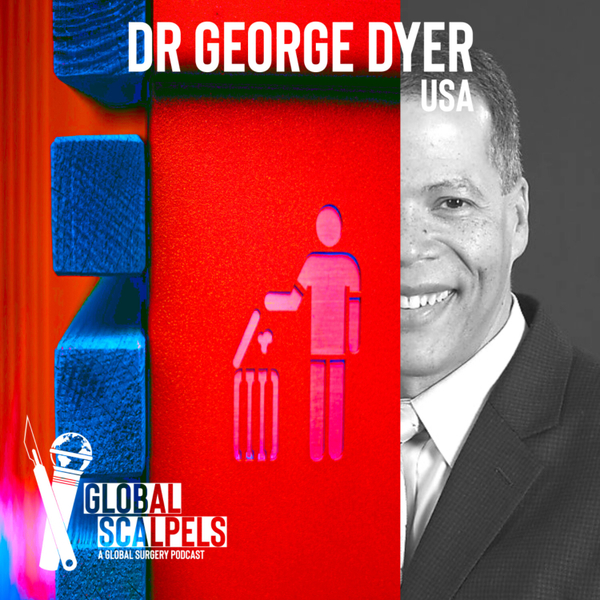
Imagine if you arrived at your house and there were dozens of Amazon boxes at your door. None of which you had ordered. You open them only to find random items – a hairbrush, t-shirts that are way too big for anyone in your household, a toaster, and ice cream that is now all melted since you didn’t know it was there and should be refrigerated. Further, this doesn’t happen just once. It happens over and over again. Each time with a new set of items, all of which you didn’t order and may or may not even need. The items start piling up and boxes are everywhere. Despite your best efforts to keep up, stuff just accumulates and clutters your house. The items are unusable to you and impeding your access to your own space and effectively just becoming trash.
Now imagine if you got a knock at your door. It’s a random person unknown to you, claiming to be a contractor. They let themselves in and start accessing your home and telling you they need to tear down this wall, re-route a pipe, change light fixtures, etc. They may even start doing these things without consulting you first or getting your permission. They never present any type of license or ask your opinion “because they are the expert and know best”.
This is how it can feel in some global health situations. While people are trying to help, external aid can often be misdirected and create new, additional problems. The sending of supplies to resource-poor settings is often ill-informed and becomes like the Amazon analogy – trash. Incredible resources that are donated but unusable in their setting, incomplete material sets, not sorted, or frankly, not needed. The receiving institution may not be equipped to deal with the influx of these donations, and they become a burden rather than a help. This is compounded by physicians and surgeons offering their services regardless of the stated needs of the area, often leaving the local physicians to clean up the aftermath of post-operative checks, new medication management, and physical therapy needs. Join us as we talk with Dr. George Dyer, an orthopedic surgeon/professor at Harvard Medical School and orthopaedic advisor for Partners in health, about trash (disguised as donations) and the need for need-directed donations, education, and effective surgical support. You won’t want to miss this!
Global Scalpels: A Global Surgery Podcast
Dedicated to the 5 billion without safe and affordable surgery - come explore global surgery heroes in tech, law, war, business, and of course, the OR!